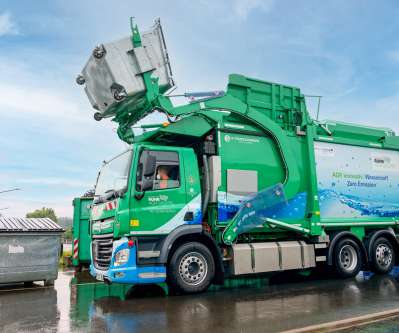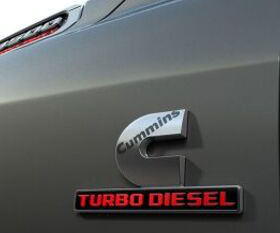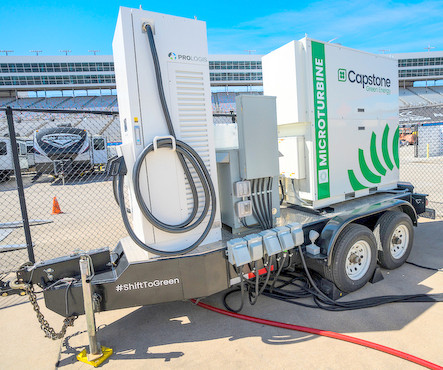Converted hydrogen fuel cell refuse vehicle on trial in Ruhr region as part of HECTOR
Green Car Congress
JUNE 2, 2022
The Abfallentsorgungs-Gesellschaft Ruhrgebiet mbH ( AGR ), a waste management company in Herten, North Rhine-Westphalia, Germany, has put a converted DAF CF 340 hydrogen fuel cell truck into operation as part of the EU-funded HECTOR (Hydrogen Waste Collection Vehicles in North West Europe) project.








































Let's personalize your content